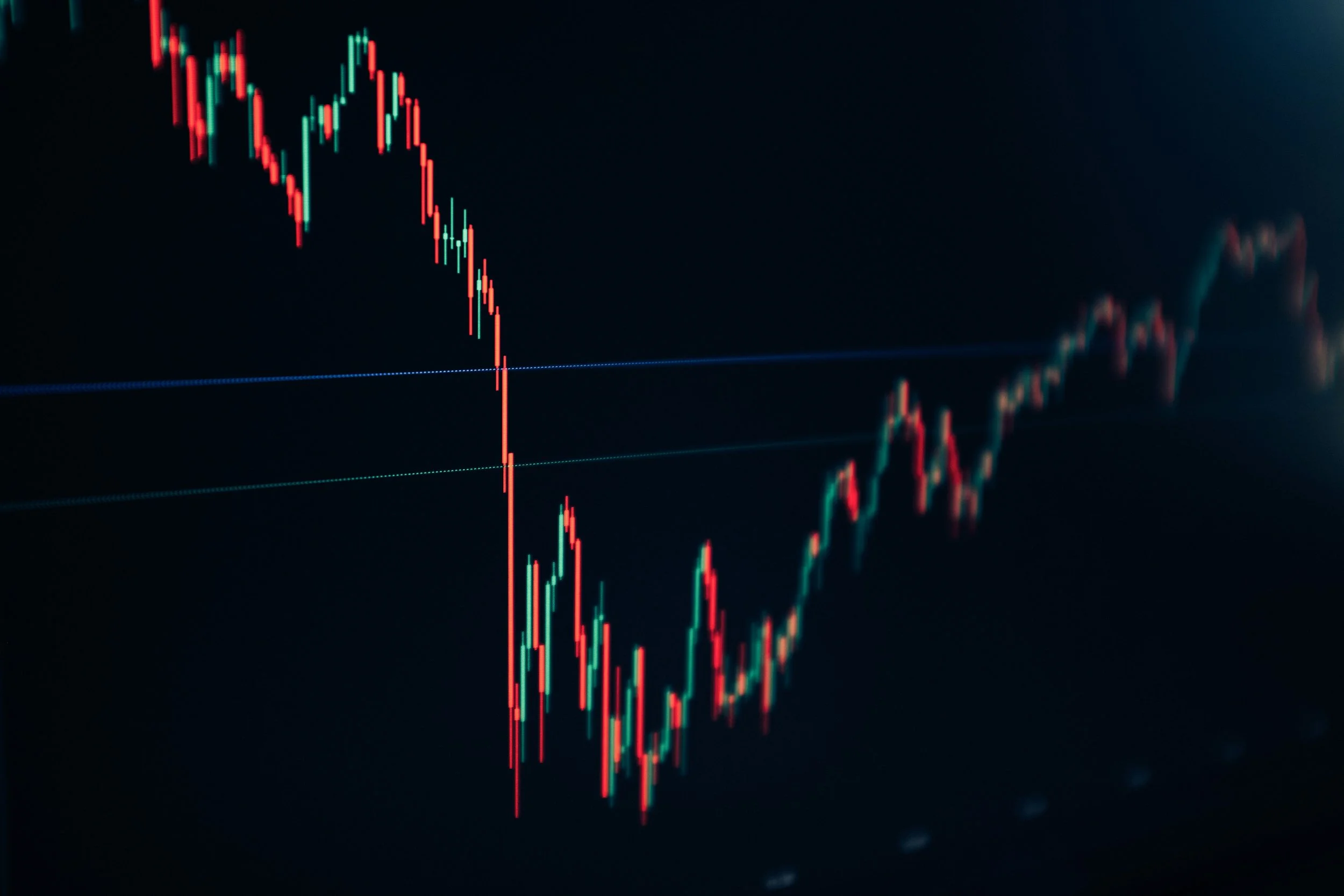GTIPA Publications
GTIPA Perspectives: How Smart Deregulation Can Unleash Powerful Innovations Worldwide
GTIPA’s new report highlights how outdated regulations hinder innovation, investment, and growth—especially for startups and small firms—and draws on case studies from 13 countries to show how smarter regulatory reforms can reduce burdens, foster competitiveness, and enable innovation-driven economies.
How America’s Trading Partners Are Reacting To U.S. Tariffs
Global Trade and Innovation Policy Alliance (GTIPA) members from 16 countries analyzed how their economies are reacting to U.S. tariffs. Many countries are seeking to support their local producers and establish trade arrangements that are less reliant on the United States. While many nations increasingly do not consider America a reliable trade partner, China’s influence is growing; however, most countries are concerned about its predatory practices.
Joint Declaration on Reversing the Recent Tariff Escalation
A group of GTIPA members signed this joint declaration to reaffirm our commitment to rules-based trade, warn against misguided tariff wars, and chart a constructive path forward—one that targets true market distortions, revives global trade cooperation, and strengthens innovation-led growth.
US-India Subnational Innovation Competitiveness Index
This report benchmarks 87 regions in India and the U.S., comparing their strengths in innovation, globalization, and knowledge economy. The U.S. leads in R&D and innovation capacity, while India excels in globalization metrics, such as FDI and high-tech exports. To boost competitiveness, U.S.-India collaboration in emerging tech and incentives for private R&D investment in India are crucial steps forward.
GTIPA Perspectives: The Vital Importance of Digital Inclusivity for Economic Growth
GTIPA’s latest report showcases how 15 countries are leveraging digital tech—AI, IoT, cloud computing, and more—to drive growth, build digital skills, and empower communities. With the digital economy now nearly 25% of global GDP, this report highlights the impact of ICT on economic opportunity worldwide.
Latin American Subnational Innovation Competitiveness Index
This report benchmarks 182 regions in Brazil, Chile, Colombia, Mexico, Peru, and the United States on knowledge economy, globalization, and innovation. U.S. regions dominate, with Massachusetts, California, and Washington leading, while Mexico City, São Paulo, and Lima top Latin America. Latin American regions show promise but lag in broadband, venture capital, and patents. To compete globally, policymakers should prioritize R&D, entrepreneurship, and market integration.
Transatlantic Subnational Innovation Competitiveness Index 2.0
This report benchmarks 121 regions across Austria, Germany, Hungary, Italy, Poland, Sweden, and the United States on knowledge economy, globalization, and innovation capacity. Key findings reveal strong performances from German and Swedish regions, with U.S. states topping both ends of the spectrum. Austrian regions show consistent scores, while Hungarian and Polish regions outperform Italy's lowest performers. Recommendations include prioritizing funding for regional innovation, STEM education, and scaling innovation economies globally.
The Transatlantic Subnational Innovation Competitiveness Index
This report benchmarks 96 states and provinces across Germany, Italy, the U.S., and Canada on 13 key indicators of knowledge, globalization, and innovation capacity. It identifies top performers like Massachusetts, California, and Baden-Württemberg and highlights strengths in R&D, skilled immigration, and FDI, offering a roadmap for policymakers to enhance regional innovation ecosystems. Governments can use these insights to tailor strategies that boost competitiveness in the tech-driven global economy.
The North American Subnational Innovation Competitiveness Index
This new North American innovation index, developed with key partners, assesses economic and innovation competitiveness across U.S., Canadian, and Mexican regions. Highlighting top performers like Massachusetts, Ontario, and Nuevo Leon, the index identifies regions needing support and emerging cross-border industry clusters. It underscores the potential for Canada, the U.S., and Mexico to build integrated, competitive value chains to bolster global competitiveness.
Implications of a Post-War Economic Order for Global Supply Chains
The shifting global landscape is reshaping supply chains, with rising geopolitical tensions and security concerns disrupting the post-war economic order. This report highlights the need for resilient partnerships and strategies to safeguard both economic stability and national security.
Strengthening Global Cooperation for IndustrialInnovation in the Era of the Great Transition
The significance of South Korean international economic and trade relations is accelerating amid supply chain disruptions due to the shock of the COVID-19 pandemic; the Russian invasion of Ukraine, which is causing a serious rethinking of Europe’s energy profile; and the trade conflict between China and the United States. Given the reshuffling of global value chains, South Korea confronts a unique opportunity to explore how it can deepen its economic and trade relationships with like-minded economies.
GTIPA Perspectives: COVID-19 Impacts on Adoption of Artificial Intelligence
This GTIPA report spotlights AI innovations sparked by COVID-19, with vignettes from around the world showing how startups, companies, and governments leveraged AI to bolster resilience and support global recovery.
GTIPA Perspectives: COVID-19 Impacts on Public Health and the Economy of GTIPA Member Nations
This anthology analyzes COVID-19’s impact on global health and economies, covering 20 nations and regions, with a focus on policy responses. It includes deeper insights into seven Latin American countries, capturing data from late 2020.
GTIPA Perspectives: Nations’ Trade Policy Priorities for the Year Ahead
The GTIPA report outlines three top trade priorities for key countries in 2024: expanding trade openness, supporting exporters, and tackling domestic reforms. Countries are focused on strengthening multilateralism and addressing specific trade concerns with the U.S. and China. This snapshot equips policymakers to navigate trends, adapt strategies, and collaborate on global trade challenges.
National Innovation Policies: What Countries Do Best and How They Can Improve
These 24 reports of economies’ three best innovation policies and three greatest opportunities for improvement represent a comprehensive, deep, and insightful catalog of best innovation policies and practices, revealing how countries—developed and developing alike—are trying to deal with similar opportunities and challenges.

















